
Erin Garcia de Jesús is a staff writer at Science News. She holds a Ph.D. in microbiology from the University of Washington, where she studied virus/host co-evolution. After deciding science as a whole was too fascinating to spend a career studying one topic, she went on to earn a master’s in science communication from the University of California, Santa Cruz. Her writing has appeared in Nature News, Science, Eos, Smithsonian Voices and more, and she was the winter 2019 science writing intern at Science News.

Trustworthy journalism comes at a price.
Scientists and journalists share a core belief in questioning, observing and verifying to reach the truth. Science News reports on crucial research and discovery across science disciplines. We need your financial support to make it happen – every contribution makes a difference.
All Stories by Erin Garcia de Jesús
-
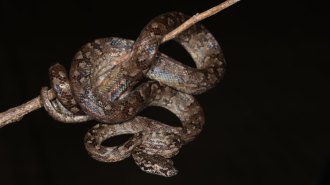 Animals
AnimalsA newfound boa sports big eyes and a square nose
Among the smallest boas in the world, the Hispaniolan vineboa inhabits a small patch of dry forest along the Dominican Republic’s border with Haiti.
-
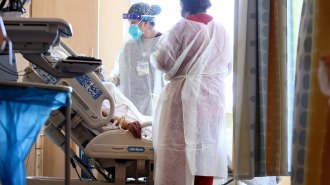 Health & Medicine
Health & MedicineThese charts show that COVID-19 vaccines are doing their job
COVID-19 shots may not always prevent infections, but for now, they are keeping the vast majority of vaccinated people out of the hospital.
-
 Physics
Physics50 years ago, physicists thought they found the W boson. They hadn’t
Fifty years after a false-alarm discovery, physicists have caught the W boson and are using it to unravel mysteries of particle physics.
-
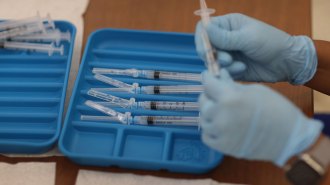 Health & Medicine
Health & MedicineHow coronavirus vaccines still help people who already had COVID-19
Coronavirus vaccines give the immune system of previously infected people a boost, probably giving those people better protection against new variants.
-
 Health & Medicine
Health & MedicineNew delta variant studies show the pandemic is far from over
The coronavirus’s delta variant is different from earlier strains of the virus in worrying ways, health officials are discovering.
-
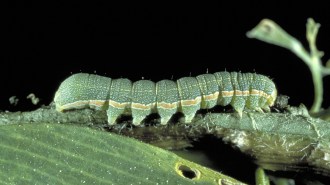 Animals
AnimalsViruses can kill wasp larvae that grow inside infected caterpillars
Proteins found in viruses and some moths can protect caterpillars from parasitoid wasps seeking a living nursery for their eggs.
-
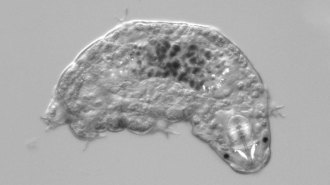 Life
LifeNear-invincible tardigrades may see only in black and white
A genetic analysis suggests that water bears don’t have light-sensing proteins to detect ultraviolet light or color.
-
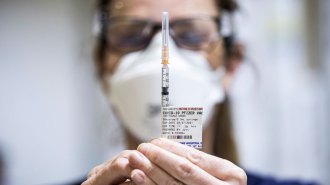 Health & Medicine
Health & MedicineWhat experts know so far about COVID-19 boosters for immunocompromised people
Some immunocompromised people remain at risk for severe COVID-19 despite being vaccinated. Studies hint that an additional vaccine dose might help.
-
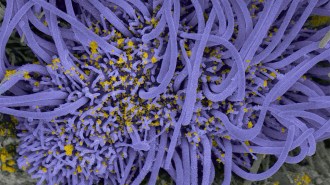 Health & Medicine
Health & MedicineThe coronavirus cuts cells’ hairlike cilia, which may help it invade the lungs
Images show that the coronavirus clears the respiratory tract of hairlike structures called cilia, which keep foreign objects out of the lungs.
-
 Health & Medicine
Health & MedicineMillions of kids have missed routine vaccines thanks to COVID-19
Missed shots due to the pandemic may have cut vaccination rates for measles, diphtheria, tetanus and pertussis to their lowest levels in over a decade.
-
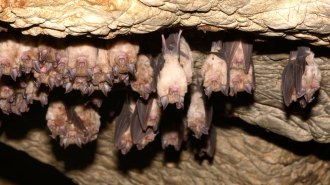 Health & Medicine
Health & MedicineOne mutation may have set the coronavirus up to become a global menace
A study pinpoints a key mutation that may have put a bat coronavirus on the path to becoming a human pathogen, helping it better infect human cells.
-
 Health & Medicine
Health & MedicineHow antibodies may cause rare blood clots after some COVID-19 vaccines
Vaccine-induced antibodies attach to a specific spot on a protein involved in clot formation, a study suggests.